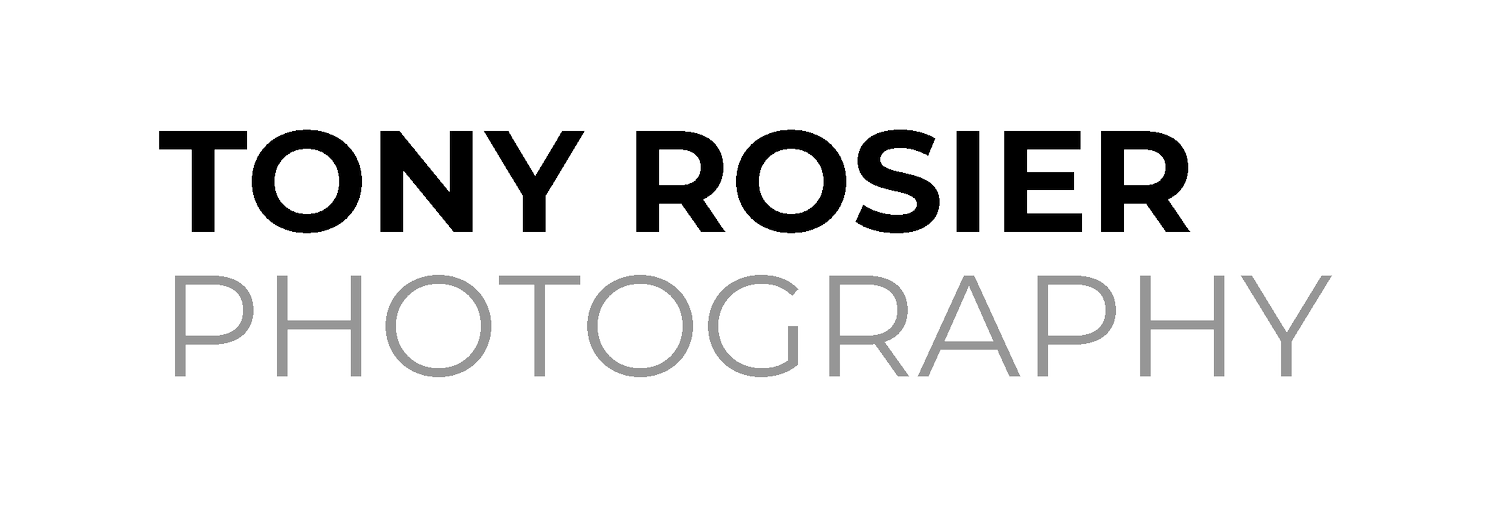Am I worried about AI taking my job?
The talk of AI is everywhere these days, and it’s certainly a hot topic at every conference I attend and shoot. But what exactly does it mean for artists like myself, who rely on creativity and personal vision? To be honest, I don’t have all the answers yet, but I’m not particularly worried about the future of photography just yet. What concerns me far more about AI is the direction humanity is heading - I genuinely feel like we might be stepping onto a dark, uncertain path in human history, and I’m not convinced that people truly understand the full implications of this shift.
But let’s start by focusing on the profession of photography and the direct impact AI might have on it. I absolutely love capturing images, connecting with athletes, and telling their stories through my lens, and I don’t see AI ever stopping me from doing that. That said, AI could very well disrupt my ability to make a living from photography in the medium term - maybe within the next 5 to 10 years - though by that time I’ll probably be retired or transitioning to something new. My personal experience using AI so far has been pretty underwhelming, to say the least. For example, I once asked AI to remove an annoying purple reflection on the neck of a man I photographed at a party - and it failed spectacularly. Even the built-in tools in software like Lightroom for removing objects are still quite hit and miss right now.
Don’t get me wrong - I’m not denying that AI will improve dramatically over time, to the point where it can generate any kind of image quickly and effortlessly. But right now, AI technology still has a long way to go before it truly matches the nuance and creativity of a human photographer. More importantly, what’s the point if it removes authenticity? Every new client I work with specifically wants genuine, authentic, and unposed images that tell a real story. Even if AI eventually manages to mimic that style down the track, if everyone starts flooding the market with AI-generated fake images, will anyone take it seriously anymore? Personally, I doubt it. Authenticity matters - it always will.
Just look at social media right now. It’s becoming increasingly difficult to distinguish what’s real and what isn’t, as the lines between authentic content and digitally manipulated media blur more each day. Imagine a future where every consumer and corporation constantly churns out fake images and videos - will anyone even bother watching or engaging with any of it? Social media is already saturated with a significant amount of inauthentic content. What would be the point of endlessly scrolling through AI-generated posts when you know with near certainty that all of it is fabricated? I personally believe that AI has the potential to ruin the social media experience, which might push people to reconnect with real life and genuine human interactions - something I actually see as a positive outcome.
Now, shifting focus to the bigger picture, AI is undoubtedly going to continue growing, evolving, and becoming even more integral to our daily lives. However, this advancement won’t come without serious consequences, particularly in terms of employment. Millions of human jobs are at risk of being replaced by AI technologies. So what does this mean for the workforce? Corporations worldwide are rushing to implement AI tools and have their staff rely on them daily, presumably to boost efficiency and save money. But what happens when millions of people are no longer required in their roles? Imagine what society would look like if unemployment rates soared to 10, 20, 30, 40, or even 50%. The social and economic implications would be severe and challenging to overcome.
Another important issue tied to AI’s growth is power consumption. Energy costs have been rising across the globe, and AI systems are extremely energy-intensive to run. As AI demand soars, more and more data centers are being constructed worldwide, putting enormous pressure on energy resources and infrastructure. While many focus on climate change as the biggest threat facing humanity, there’s an equally daunting scenario to consider: what if average households begin paying $10,000, $25,000, $50,000, or even more each year just to power their homes due to increased energy demands? This would lead to catastrophic financial strain for families and further widen socio-economic divides, making it one of the most critical challenges of our time.
Then there’s the real and looming threat - the point when AI and quantum computing truly emerge and begin to change the landscape completely. Experts predict this could happen around 2045, and right now, we are racing at full speed to make this vision a reality. However, despite our efforts, we have very little understanding of the full extent of what these machines will be capable of achieving. To put it into perspective, the average human IQ is around 100. Now imagine if a machine reaches an IQ of 10,000 and can replicate itself to other machines at the speed of light - this is not just profound, it’s downright terrifying. Those who insist that AI will only bring benefits to humanity are wearing rose-coloured glasses and might be neglecting the darker, more complex side of the argument.
So, coming back to my original question - am I worried that AI will take my job as a photographer? Honestly, no. My concern is far broader and more urgent: it’s about the future generations and the very survival of humans during this period of rapid technological transformation. In that grand scheme, photography seems almost insignificant.
I’m curious to know, what are your thoughts on AI and its impact on our future? Feel free to share your perspective down in the comments below.
